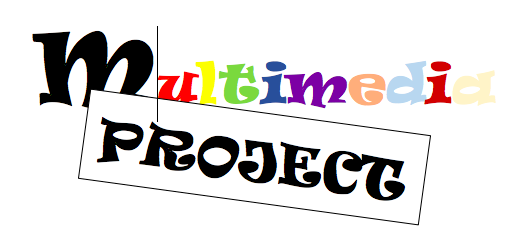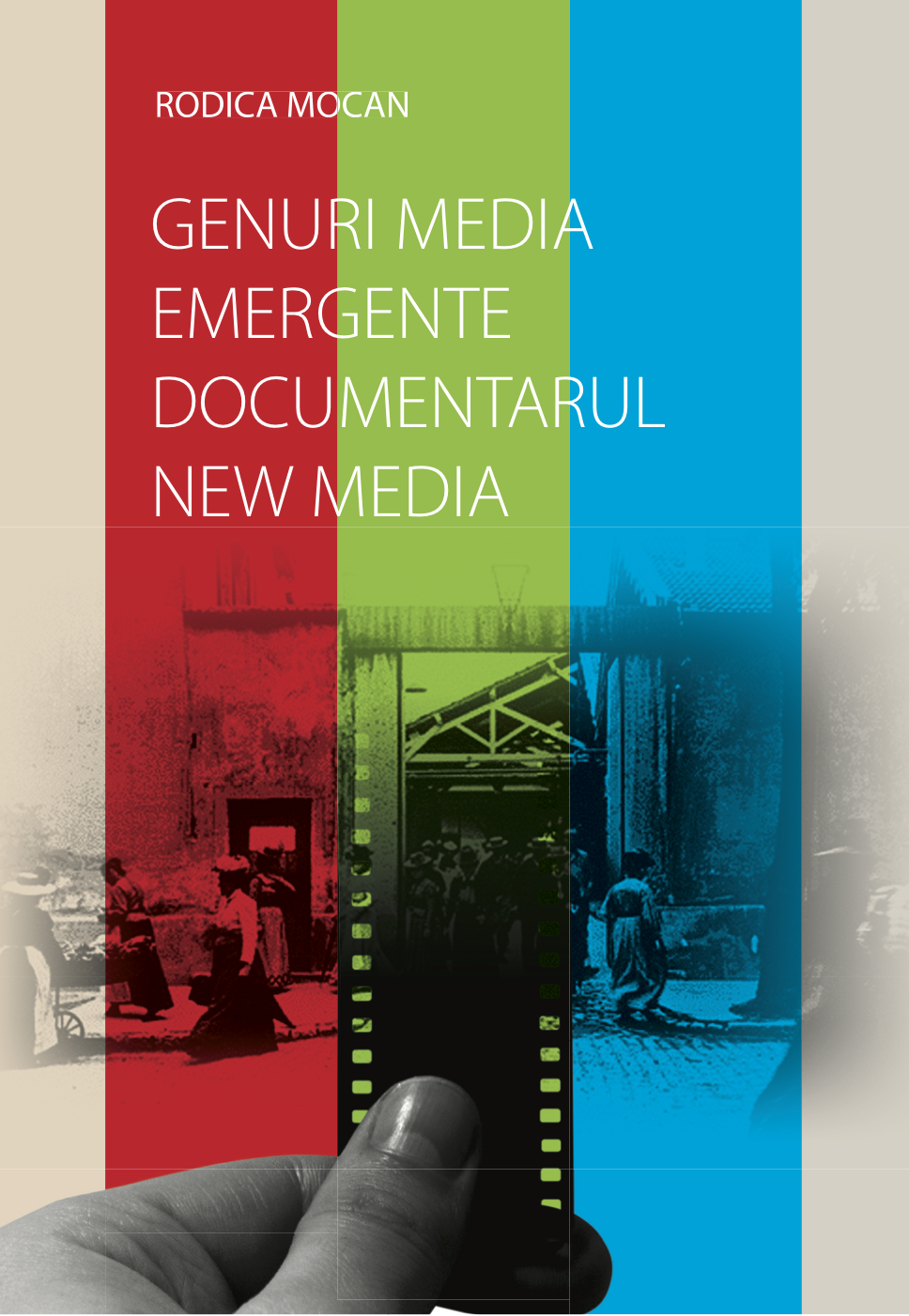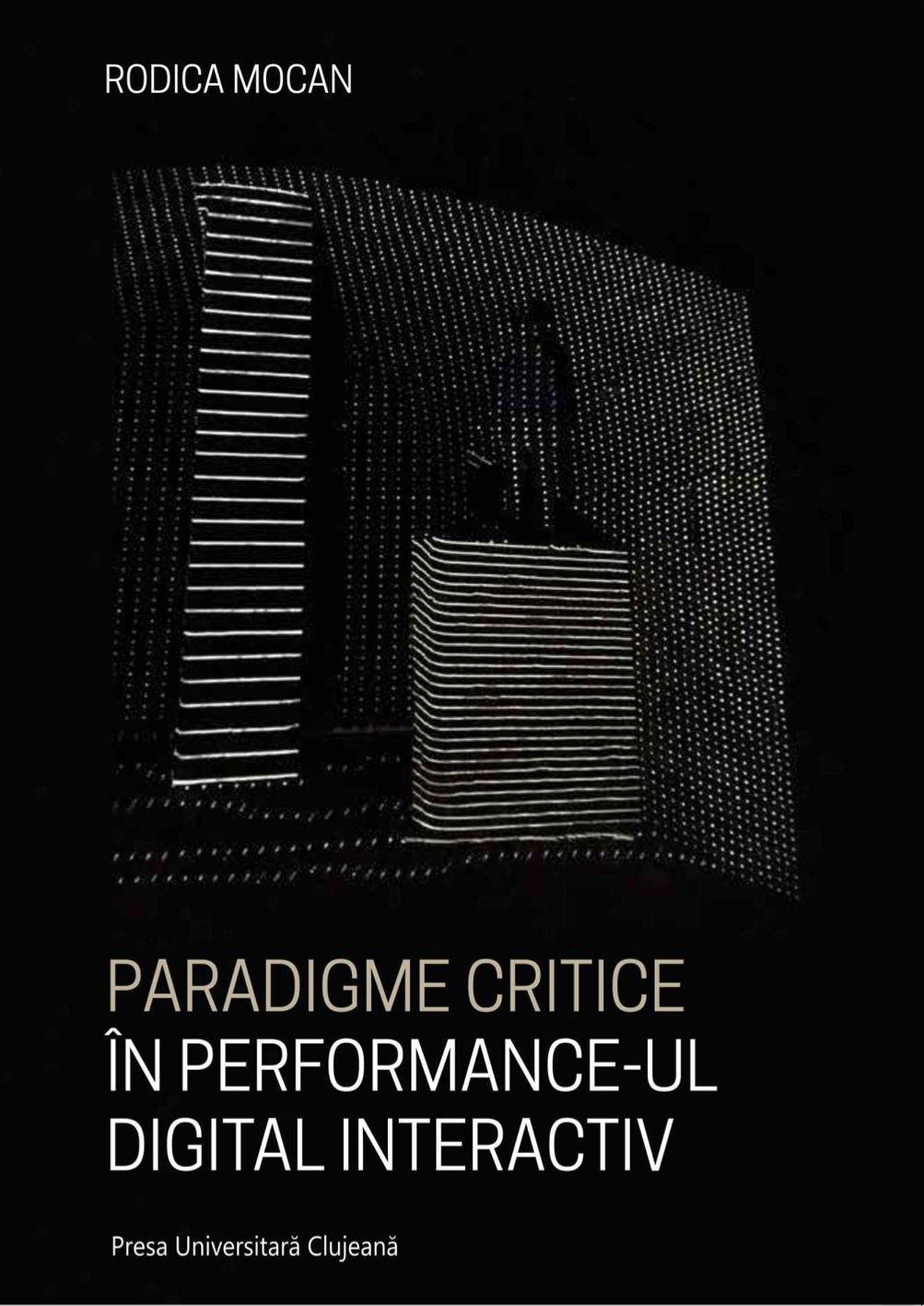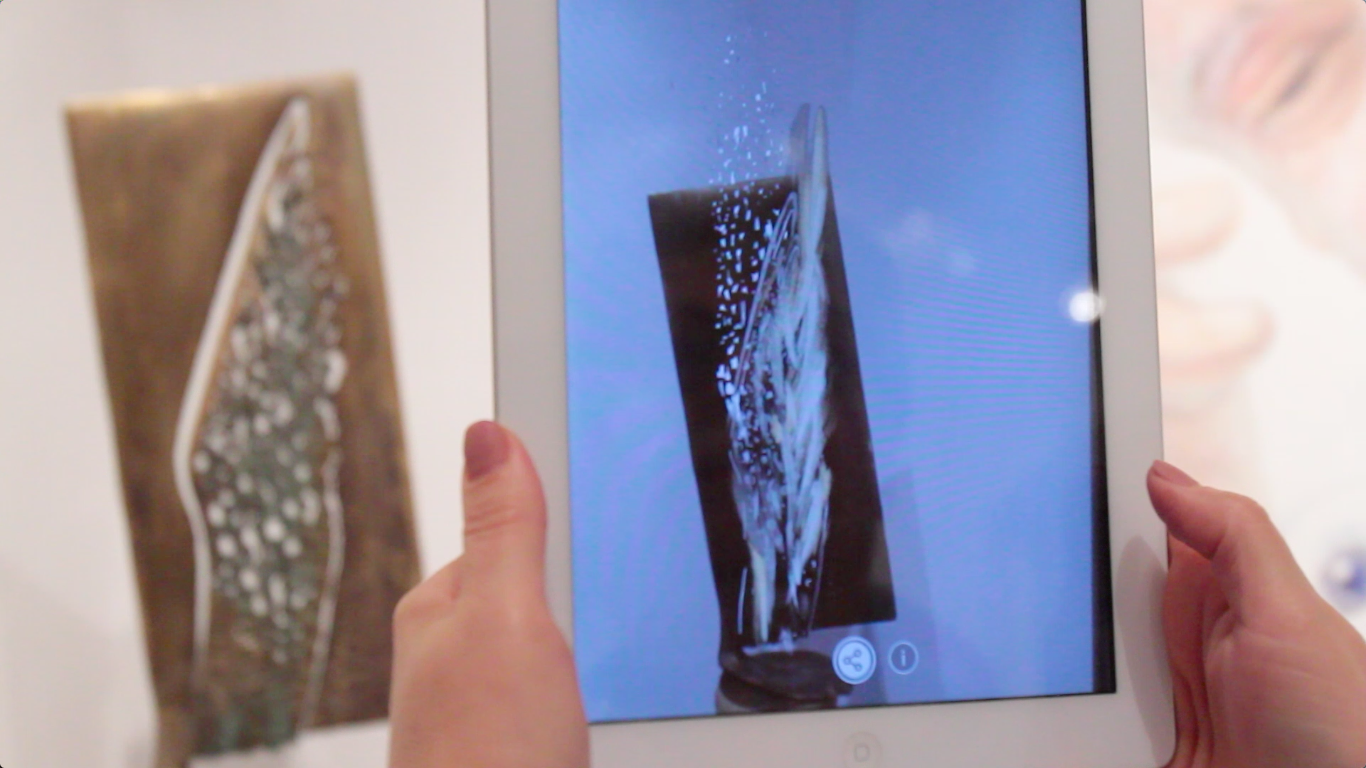‘Digital
technologies and Art’ offers an approach to the use of multimedia software to
carry out projects using work with multimedia formats (mainly audio, video and
photo) with the aim of creating prototypes and projects with Klynt software. The
subject is based on a first phase of face-to-face classes (8 hours) and the
rest of the semester videoconferences with the entire group every 2 weeks and 2
specific practices:
1 - Individual
practice: it consists of the realization of a prototype portfolio by each
student of the master DIA.
2 - Group
practice: it consists in the development of a group project that has something
to do with the field of art using the Klynt tool.



